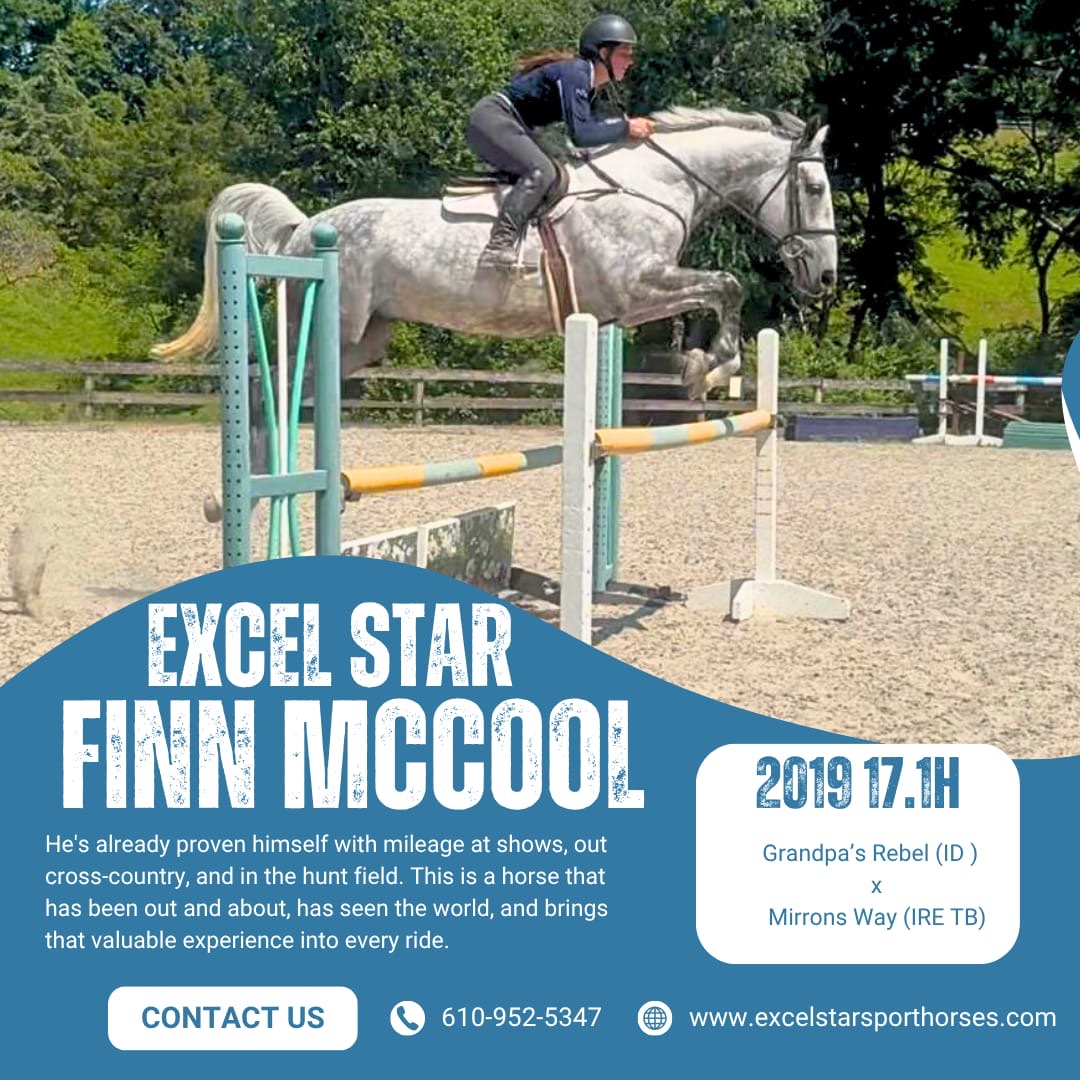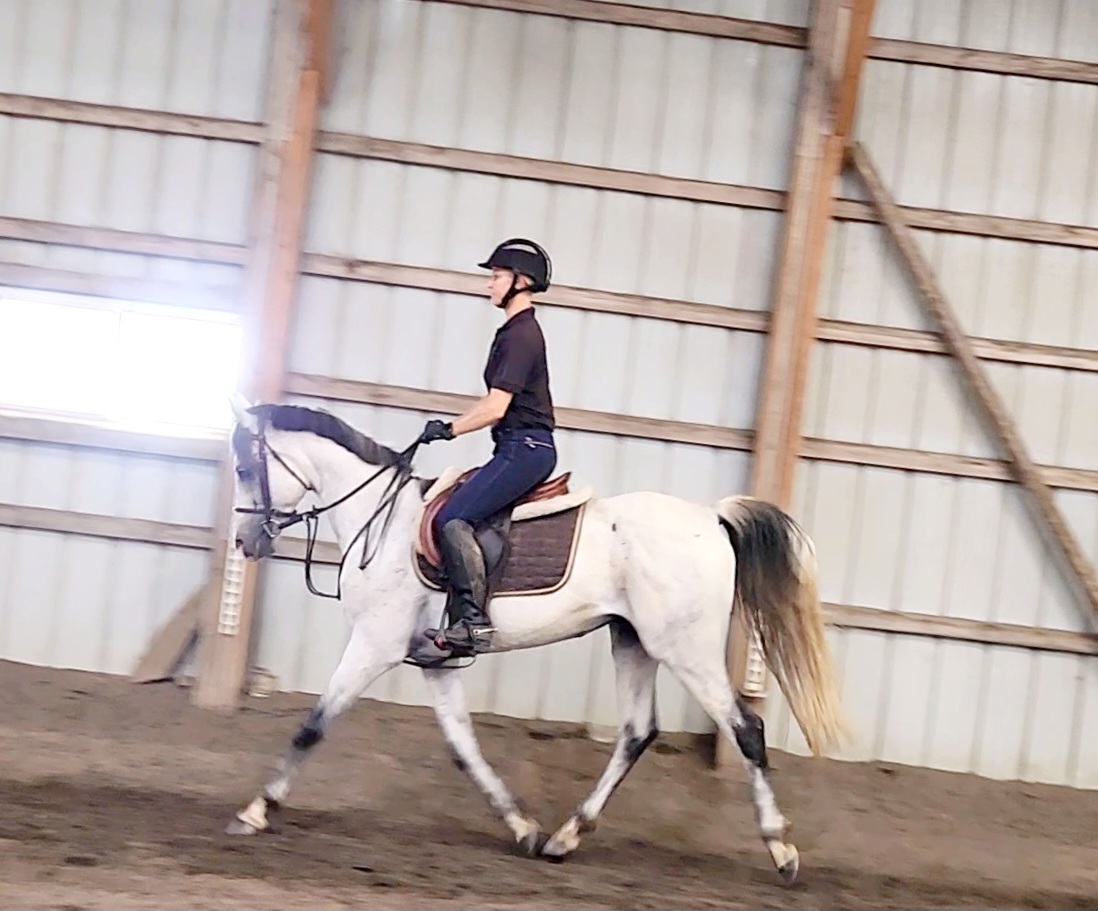The English Derby at Epsom is without doubt the most prestigious horserace in the UK and one of the most important races in the world. Two weeks ago it was won yet again by Aidan O’Brien, the Irish trainer who has won over 300 Group One races around the world in the last twenty-one years … so no surprises there. What was a surprise was that the winning horse, Wings Of Eagles, was ridden by Padraig Beggy.
Disgrace and redemption
Thirty-one-year-old Padraig has ridden only one other winner this year, the same number as he has ridden in each of the last two seasons. Before this time he had been riding in Australia for two years and came back in disgrace, having been banned for fifteen months after testing positive for cocaine and giving false evidence.
The worst thing about the positive test, he said, was telling his family the bad news. I said to my brother: “I’ll be back. You’re going to hear plenty more of me.” So Padraig had a positive attitude and considerable determination. “I got into a bit of trouble in Australia. I made a bad mistake and I had to put it behind me. I was knocked down and I had to pick myself up and come back fighting.”
But it is very difficult to climb back after a mistake without help from others, and the value of developing friendships and being a ‘team player’ was yet again illustrated by Padraig’s story. “I came home from Australia and two good friends of mine who were with Aidan got me the job.”
But make no mistake, it was his two friends who made the introduction but it was Aidan O’Brien who hired him, and equally could have so easily turned him down. But Aidan saw something in Padraig that was special, and was prepared to stand by him. “I can’t tell you how delighted we are to have him riding for us.”
We all need supporters, coaches and people like Aidan O’Brien to give us another chance despite making a mistake. Sadly Aidan O’Brien is probably the exception in the world of elite horse racing.
Put yourself in his position: He is the trainer of some of the world’s most desirable and most valuable bloodstock, who is famous for paying attention to every small detail and always looking for marginal gains. A trainer who can take his pick from the best jockeys in the world, and has applications every day from talented young Irish jockeys with unblemished records in terms of both ability and character. Yet he chose to employ a fairly unsuccessful jockey with a big black mark on his CV and two years later gave him the winning ride in the Epsom Derby.
Admittedly Wings Of Eagles was a 40-to-1 long shot in the betting, but the key thing was that Padraig Beggy was given another chance, and while he worked at Ballydoyle with Aidan O’Brien there was always that chance.
As Padraig explained, “The main thing if you are riding for Aidan O’Brien in colours like these (the purple and white Derek Smith silks in which Joseph O’Brien won the Epsom Derby in 2012 and 2014) is that you don’t worry about the price because they always have a chance.” While Padraig had a chance he also had hope, and as Andy Dufresne said to Red in The Shawshank Redemption: “Remember Red, hope is a good thing, maybe the best of things, and no good thing ever dies.”
Mistakes are part of the process
Many will have heard the WD-40 story and other similar stories. It is one of the most successful products in the world used for releasing screws locked by rust and similar applications. Its name, WD-40, is abbreviated from the term ‘Water Displacement, 40th formula’. It was the result of the 40th attempt to create the product in the late 1950s, originally intended to protect the outer skin of the Atlas missile from rust and corrosion.
The important point is that the other 39 formulations were not looked upon as failures, but positive steps on the way to finding the successful formula. In the same way we have to be prepared to fail and learn from our mistakes if we are to progress.
This is something that Chris Bartle picks out as a key attribute of Michael Jung in his march to the very top of world eventing. “The other important way of learning is experimenting, you’ve got to let a rider experiment and try and not be afraid of making a mistake. It’s the third element that is critical to a champion, they are not worried about making a mistake. The first quality is will to win, the second is attention to detail, and third, not afraid of making mistakes — the willingness to take a risk.”
Of course Chris is talking about a different type of mistake to Padraig Beggy’s Australian drug conviction, but the learning process required to move forward and make the most of the situation is an identical three step process.
It involves recognition of what has happened, an acceptance that something has to change, and then making a change with a positive attitude that keeps you moving forward and making full use of opportunities. And if we have a generous heart, all of us can create a surprising number of opportunities for others that need to make a change and have another chance.
Do we give horses a second chance?
What about horses and second chances? The ultimate second chance in racing was that given to Red Rum, who raced on the flat as a two-year-old and three-year-old but was largely rejected thereafter because he suffered from pedal osteitis … basically arthritis in the foot. But when he arrived at Ginger McCain’s yard by the sea in Southport, he thrived. He was walked regularly in the cold sea and not only won the Aintree Grand National over 4 1/2 miles three times in the 1970s, but was also second twice. In 100 races over steeplechase fences he never fell!
There are many other examples from all disciplines at all levels of different types of second chances. As a two-year-old Charlotte Dujardin’s multi-gold dressage medalist Valegro was bought in Holland by Carl Hester, but was then sent back to Holland two years later to be sold, as Carl said he had too many horses. However Gertjan van Olst, the owner of Valegro’s sire, persuaded Carl to take him back. So Carl gave him a second chance and the rest is history.
When I was at Gleneagles Equestrian Centre in Scotland a fairly wild and over enthusiastic young grey horse was brought in for me to give my opinion about whether or not he was worth keeping. As soon as I saw him jump and show his wonderful footwork and athletic ability I was in no doubt that he was ‘a keeper’. His name … Lenamore! The extraordinary little Irish bred who went on to complete 24 four-stars, place 7 times at Badminton, win Burghley at the age of 17, and go to the London Olympics at 19 with Caroline Powell.
I also remember a Lipizzaner stallion that arrived at the Fulmer School of Equitation in the UK. It was said that he was too difficult to ride, instead he just did work in hand and loved to piaffe endlessly. However a quick feel in his mouth revealed two nasty wolf teeth and sharp molars. The wolf teeth were removed, the molars sorted, and he went on to be a very sensible riding horse.
Of course so many of us have also had the experience of horses whose bad behaviour was because of pain. Once the cause of the pain is removed there is usually an immediate improvement, although it does depend on how the horse has been treated while in pain, as a horse that suffers punishment in these situations may not be too quick to forgive.
The biggest motivation for designing my Micklem bridle was seeing so many horses become unwilling or napping because of uncomfortable bridles and nosebands. Of course horses still suffer with cranked nosebands and very low fitting dropped nosebands, but the success of the Micklem bridle has made a very real difference and given second chances to many horses that had previously been considered difficult, or even dangerous.
There is another huge group of horses that run into difficulties simply because they are badly handled, misunderstood, or simply asked to do more than they can cope with physically or mentally. Their second chance will depend on meeting trainers with sufficient understanding and skill, but if lucky enough to meet the right people extraordinary change and success is possible and often happens.
Why the difference?
When reading this most will have little trouble buying into the importance of giving horses second chances. The strange thing is that we are probably slower to do the same with our fellow humans!
As a child I remember our hay and straw shed burnt down and all was lost. A local boy helped the fire brigade put the fire out, but it later transpired that this young lad had actually set the hay on fire himself. Why do I remember this? Because I was talking angrily about the boy to my Father and he responded “I hope someone gives him another chance.”
At the time I thought my Father was soft in the head but of course he was right. He had a broader view, having been through the horrors of World War II and seen friends and colleagues killed, nine on the same night he himself was hit and lost a lung, yet he held no grudges against the Germans. A little forgiveness and perspective is a great asset when giving someone a second chance.
©William Micklem



















